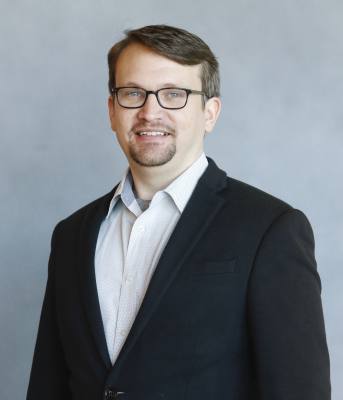After dealing with odor problems surrounding the
Blue Ridge Landfill in his district, state Rep. Ed Thompson, R-Pearland, said he is working on several pieces of legislation to help the Texas Commission on Environmental Quality enforce rules and impose stiffer penalties for noncompliant facilities.
"The legislation I'm looking at is more industry-specific, but it gets to the root of some of the problems that have existed at Blue Ridge," Thompson said. "You can look all over the country, and there are issues with landfills. It’s about regulation and enforcement and giving TCEQ the right tools."
One measure would look at increasing funding for TCEQ to hire as many as eight more officials to conduct investigations and advise permit holders on preventive and corrective actions.
"This is not as much of a punitive approach but more so education and to point out issues before they become bigger problems," Thompson said.
He also said he wants to increase the fines assessed when landfills violate state regulations. Blue Ridge Landfill, located just outside Pearland city limits at Broadway Street and FM 521, was fined $43,712 in July for an air-quality violation and was ordered to improve odor controls in its operation. Its owner, Republic Services, generated $10 billion in revenue in 2017.
"That’s like me or you getting a $5 parking ticket. It’s not going to do too much to make an operator worry about fixing it or do preventative corrections. It can just be a cost of doing business," Thompson said.
In a statement to
Community Impact Newspaper, Blue Ridge Landfill said it has continued to follow the odor-control plan since the summer, installing 26 new gas-collection wells, two leachate-collection tanks, updating its landfill gas-to-energy plant and and conducting 650 odor surveys in the community.
A stormwater violation in September resulted in a notice from TCEQ, but no fines were assessed. The landfill has addressed each of the concerns identified in that investigation, the agency said.
Thompson said he will propose a "three strikes" rule so that repetitive major violations result in a landfill owner's permit being pulled, requiring them to reapply and meet state standards to continue operating. And when it comes to the permitting process, which can take hundreds of hours, he said, TCEQ should be allowed to bill by the hour and not a flat rate.
Adequately funding the agency is key to allowing it to do its job at a time when some in his district have lost faith in its ability to fix problems, Thompson said.
"TCEQ has had more complaints on this landfill than anything else in the Houston area. They want to get it fixed just like we do. They’re spending a tremendous amount of resources—191 investigations on these complaints," Thompson said.
A hurdle for Thompson will be educating fellow legislators who are unfamiliar with landfill problems in the state as well as heading off attempts by permit holders to lobby against tougher regulations, but he said his goal is to make the industry's best practices more widespread.
"I can take you to a landfill outside Austin where, people living right next to it don't want to sell, don't want to move," Thompson said. "You’ve got operators that are model operators; they take care of business and are conscious of their neighbors, and you’ve got some that aren’t. We need those people to be up to the standard where the neighbors don’t even know they’re there."





